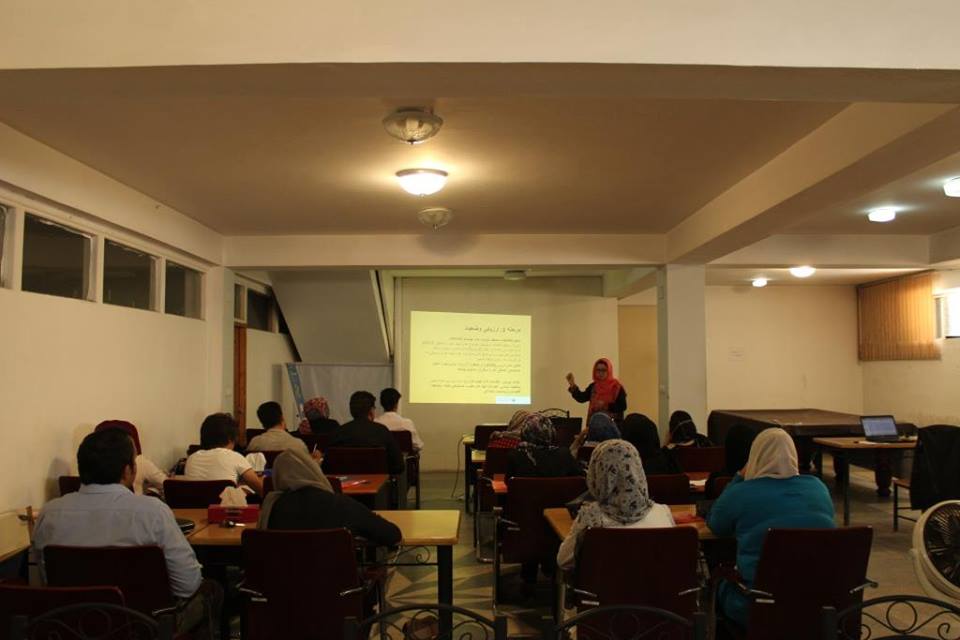Participation of ANEC representative in Evidence Based Advocacy Workshop

Afghanistan Public Policy Research Organization (APPRO) is an independent social research organization which besides Kabul province is active in different zones of Afghanistan such as North, West, South, East and Center. Main activities of this organization is to perform surveys, evaluation of completed projects and holding short-term and long-term trainings.
This three-days’ workshop was about Evidence Based Advocacy which was presented by Sear “Sadat” one of the trainers in the field of advocacy in the mentioned organization. Advocacy was described as active support of an idea and delivering this voice to legislators and the objectives are improving the economy and social issues of people by creating or changing policies and laws, educating and awareness making among policymakers, delivering professional support, ensuring effective implementation of good policies and making paranormal analysis accessible for policy makings. Therefore, good governance indicators such as participation, rule of law, transparency, responsiveness, willingness to agree, accountability, equal opportunities, effectiveness and efficiency and strategic vision can be used as the topics for performing advocacy.
The strategy for advocacy is a six-step process which includes status assessment, goal setting, strategy making, planning, implementation, observations and evaluation and are described as bellow:
Status Assessment: Field Assessment, Understanding External and Internal Factors, Identifying Methods and Delivering Maximum Potential
Goal Setting: What's the problem? What are the causes and consequences of the problem? Which solutions can respond to causes? What will be the achievement? What is the change you are looking for? Which level of change you are looking for? And making Standings Table for solutions.
Strategy Making: Developing an Influencing Strategy and Mapping Beneficiaries
Planning: Theory of Change and Ladder of Effects (Evaluation and Dynasty of Effects)
Implementation: Implementation of Advocacy Strategy according to time-plan, Clear management hierarchy and Full clarity of responsibilities
Observation and Evaluation: Relevancy, effectiveness, productivity, program impact, sustainability, information and evidence.
